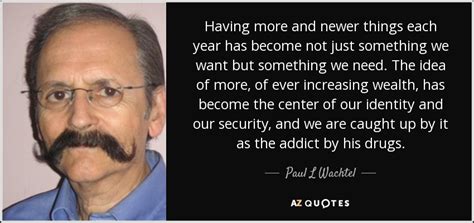A Quote by Brene Brown
As a vulnerability researcher, the greatest barrier I see is our low tolerance for vulnerability. We're almost afraid to be happy. We feel like it's inviting disaster.
Related Quotes
Revenge tries to solve the problem of vulnerability. If I strike back, I transfer vulnerability from myself to the other. And yet by striking back I produce a world in which my vulnerability to injury is increased by the likelihood of another strike. So it seems as if I'm getting rid of my vulnerability and instead locating it with the other, but actually I'm heightening the vulnerability of everyone and I'm heightening the possibility of violence that happens between us.
Life is precious. Not because it is unchangeable, like a diamond, but because it is vulnerable, like a little bird. To love life means to love its vulnerability, asking for care, attention, guidance, and support. Life and death are connected by vulnerability. The newborn child and the dying elder both remind us of the preciousness of our lives. Let's not forget the preciousness and vulnerability of life during the times we are powerful, successful, and popular.
Vulnerability is not weakness, and the uncertainty, risk, and emotional exposure we face every day are not optional. Our only choice is a question of engagement. Our willingness to own and engage with our vulnerability determines the depth of our courage and the clarity of our purpose; the level to which we protect ourselves from being vulnerable is a measure of our fear and disconnection.
Vulnerability is based on mutuality and requires boundaries and trust. It's not oversharing, it's not purging, it's not indiscriminate disclosure, and it's not celebrity-style social media information dumps. Vulnerability is about sharing our feelings and our experiences with people who have earned the right to hear them.


























